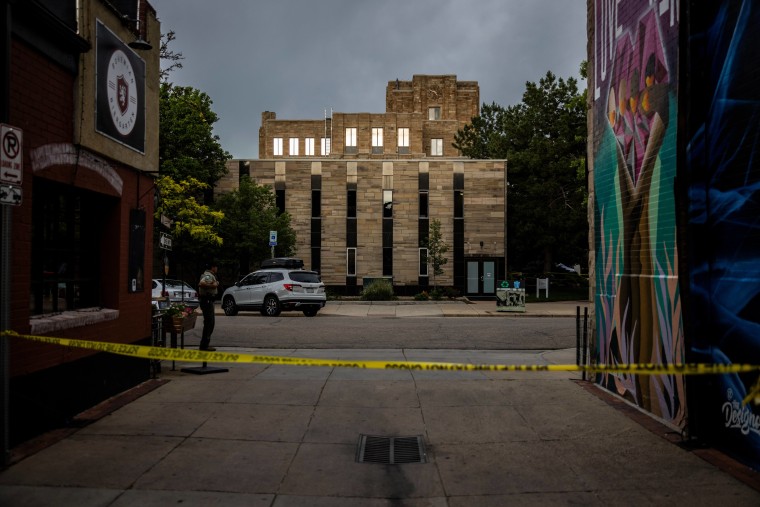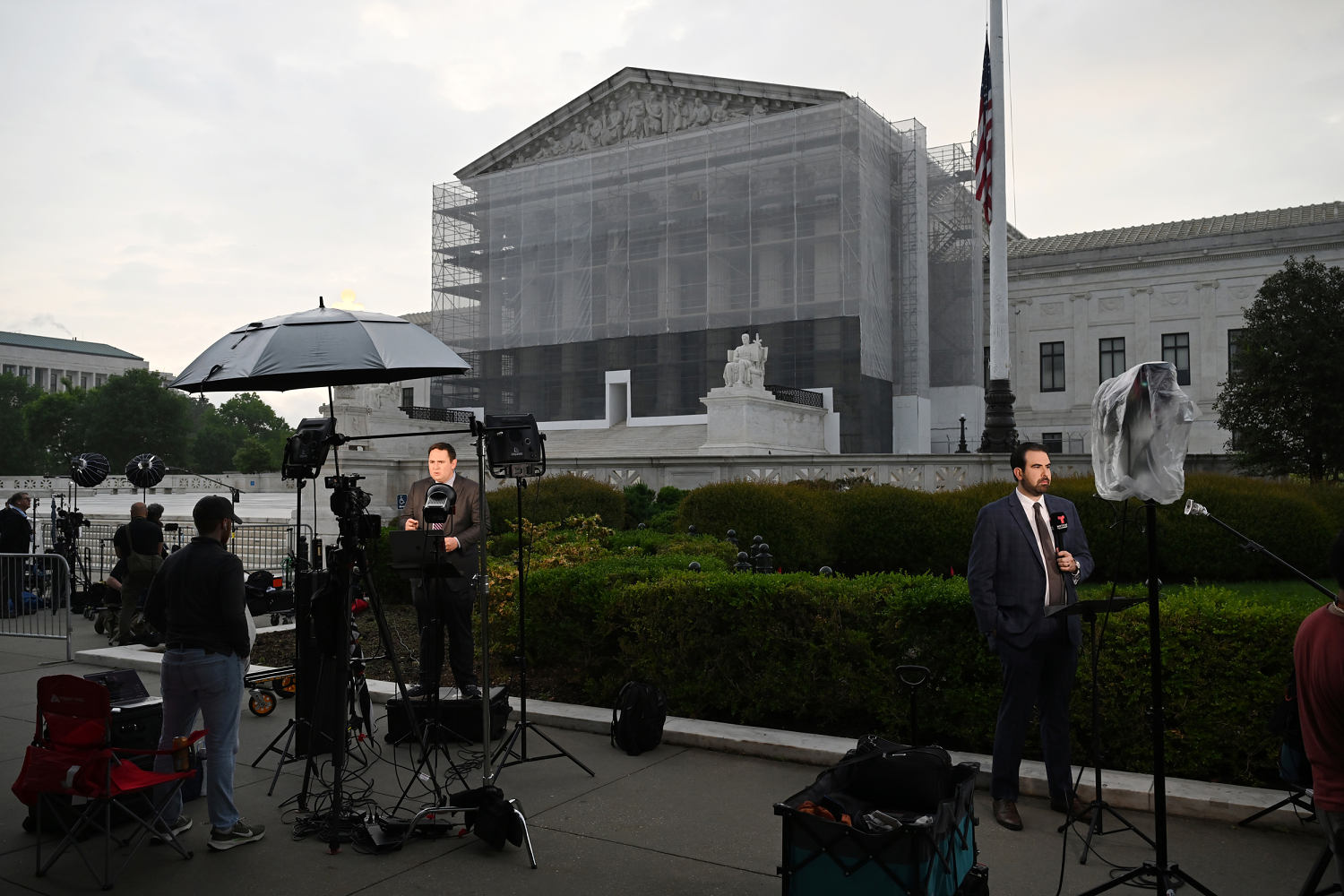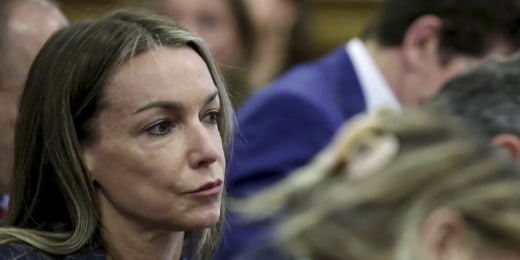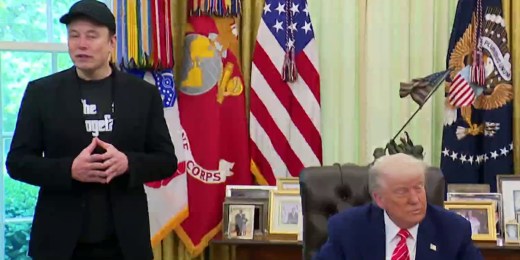
Summer looks a little different this year for some Americans who say they are dialing back their leisure activities and shopping sprees due to tariffs.
Since taking office for his second term, President Donald Trump has ordered a number of sweeping tariffs, including a blanket 10% tariff on all imports, that have driven up costs on various products. He has also threatened additional tariffs, which has resulted in volatility in the stock market and continued concern from consumers about their personal costs.
“The tariffs are making high prices even more unreasonably high, to the point where … what you’re charging is not even close to what this is worth,” said Raina Becker, 49, a recently laid-off writer who now works as a freelance copy editor in upstate New York. Becker said she was hoping to invest in a new summer wardrobe. “And I can’t in good faith do it, because I can’t afford to spend my money like this.”
The apparel industry has taken an especially hard hit from Trump’s tariff program because a vast majority of clothing, shoes and accessories are manufactured in places like China, Vietnam and India before being shipped to the U.S.
Like Becker, Mei Wu, 31, who lives in Los Angeles, realized she can’t splurge on shopping this year. She had her eye on a $170 dress from the Australian brand VRG GRL as an outfit for her June birthday party. But when she saw that another $277.95 would be tacked on to the price because of tariffs, she decided not to purchase it.
“The bottom line is, I do think that we deserve to be able to buy where we want to buy without getting punished for it. How we spend our money is totally up to us, and at the end of the day we work hard for what we bring to the door,” said Wu, a content creator who described her shopping dilemma as a “first world problem,” but one that is frustrating all the same.
A recent consumer pulse report from the accounting firm KPMG, which surveyed 1,516 U.S. consumers, found that “in response to tariffs, 50% are cutting back on purchases, and 49% are actively seeking deals and discounts.” When asked specifically about summer plans, many said they are still choosing to travel — but have otherwise cracked down on personal expenses.
“We’re seeing a more selective and cost-conscious summer travel season,” Duleep Rodrigo, KPMG’s consumer and retail leader, said in a statement in the report. “Vacations are still in the budget — but nearly everything else is on the chopping block.”
Trump’s tariff policies are facing a number of legal challenges in court, with some judges calling them unlawful. However, a federal appeals court on Thursday temporarily paused rulings by a panel of judges that, just hours earlier, halted several of the president’s tariffs on international trading partners.
As Americans wait for news of whether tariffs will continue to be imposed, they are still hoping to have fun during summer.
Patrice LaBelle Lester, 29, is spending the next few months planning her October vow renewal celebration. But she’s being more frugal with her budget.
For example, she said she found a way to order faux flowers — which were being shipped from China — in bulk without paying the surcharge caused by tariffs. Originally, the price was $300. With tariffs, they skyrocketed to about $1,700.
So the content creator found a different vendor who would be willing to cover the cost of the tariffs so Lester could stay within her original budget. But she said she was warned that because the flowers would have to be shipped by cargo freighter, rather than by plane, there would be a delay in receiving them. Lester said she’s also hoping to grow her family, which means she wants to purchase a new car over the summer.
“I know Trump said he was only giving, I guess, a tax break to those that buy an American-made car, but it’s hard to kind of support that in this political climate,” said Lester, who lives in San Antonio, Texas. “So it’s impacting me in that way, because that is a purchase I would like to make in the next few months.”
For Becker, there has been one unexpected perk of reeling in her spending: getting to do more activities that bring people together.
“A number of people are talking about, again, myself included, hoarding craft supplies for our various hobbies,” she said, reflecting on how changes in her spending have also realigned her values. “The silver lining in all this is that it can, if done correctly, build community.”














































